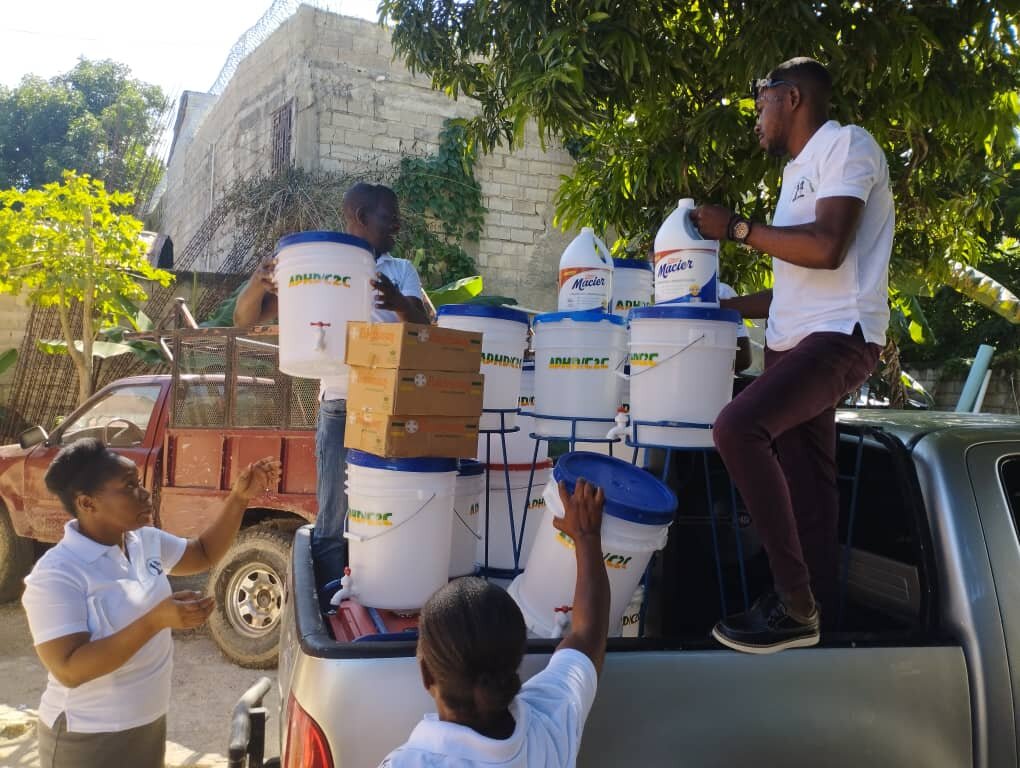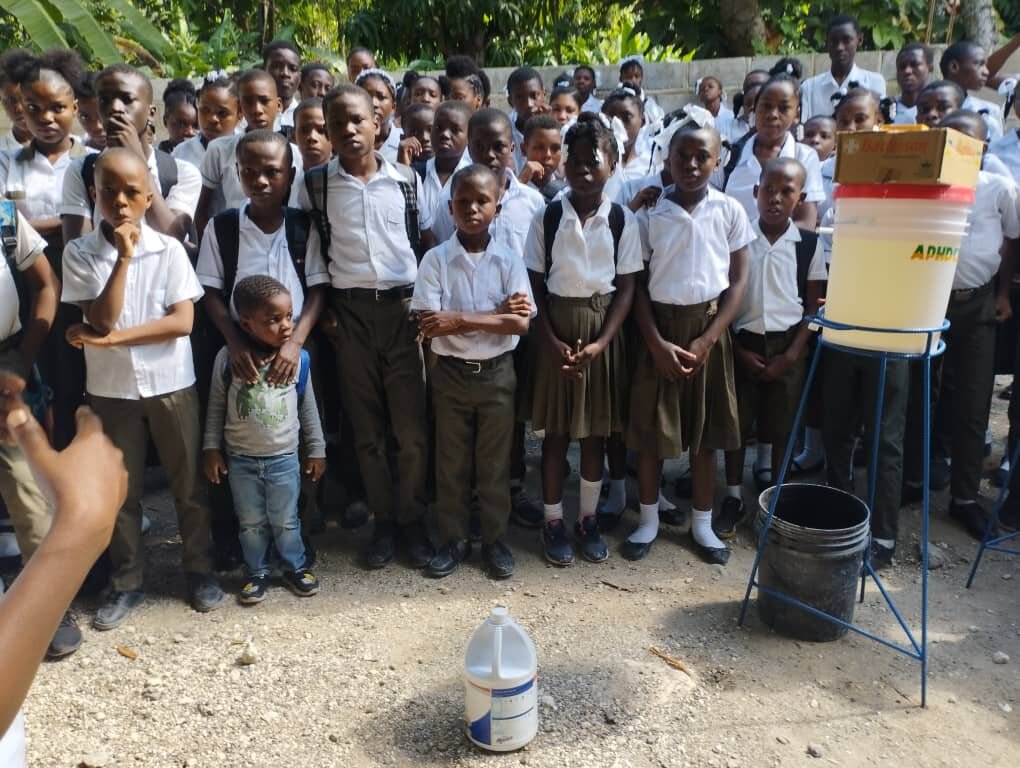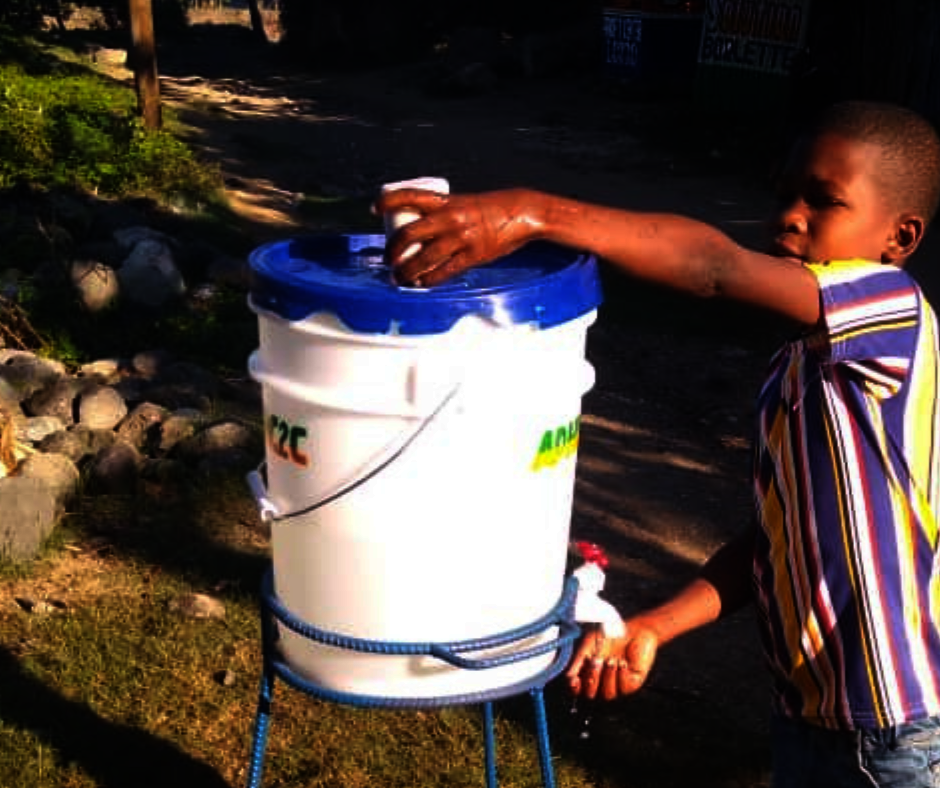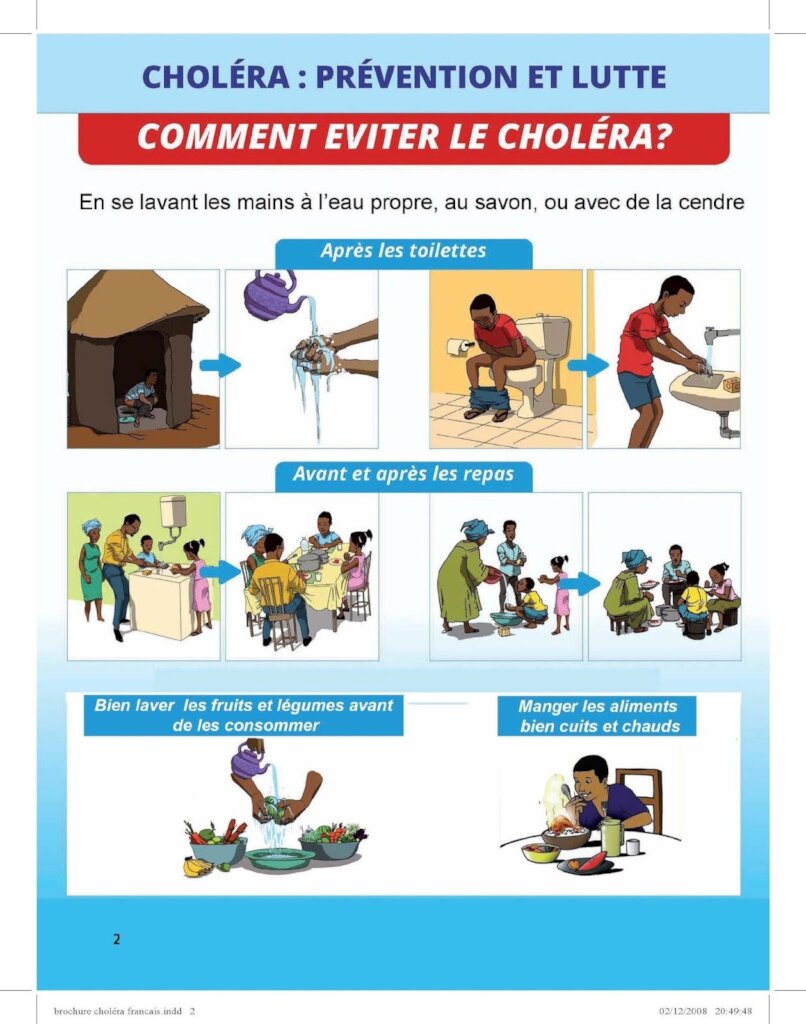By Olivia Maxine Robinson | Project Leader
Bonswa GlobalGiving Family,
We hope your 2024 is off to a great start. We would like to share a special thank you note with you from Responsabe Eugene Lapene, the Director of Association of Peasants Haut Dozième (APHD), the Peasant Association in our Mountainside Partner Community… “The members of the Association of Peasants Haut Dozième (APHD) thank you for your contribution to the development process of the community and takes this opportunity to thank you, because you have provided the materials needed as part of our preventive intervention against Cholera.”
Your generous contributions in the fourth quarter of 2023, helped us send funds down to APHD so they could purchase medical and hygienic materials and conduct cholera prevention training in Petit-Goâve in schools and the marketplace.
Nurse Ketlie Rathon compiled a comprehensive report breaking down cholera and the educational components addressed in the cholera intervention trainings APHD conducted in the community. Here are some excerpts from her report:
APHD presenting these prevention workshops in 10 schools, 5 churches, and in the markets, as well as training 3 local peasant associations, resulted in providing cholera intervention & prevention trainings to over 2,000 people in the community. APHD has submitted a budget of $7,611.20 to C2C in order to continue their efforts to eradicate cholera from Petit-Goâve. Our focus is to raise these funds to ensure this intervention is not a one time exception, but a part of continuous care. Mesi Anpil! ~ Thank You Very Much!
Project reports on GlobalGiving are posted directly to globalgiving.org by Project Leaders as they are completed, generally every 3-4 months. To protect the integrity of these documents, GlobalGiving does not alter them; therefore you may find some language or formatting issues.
If you donate to this project or have donated to this project, you can receive an email when this project posts a report. You can also subscribe for reports without donating.
Support this important cause by creating a personalized fundraising page.
Start a Fundraiser


